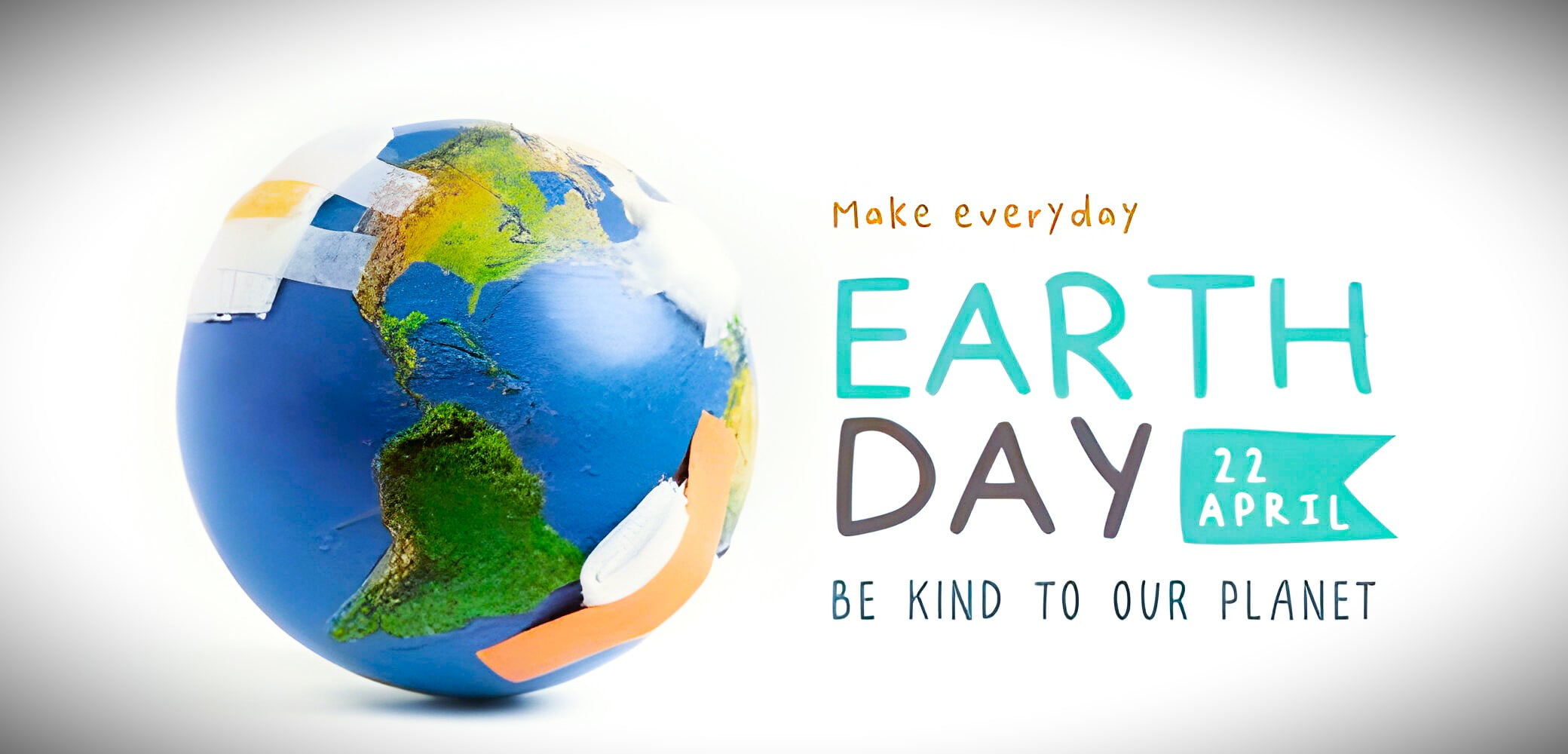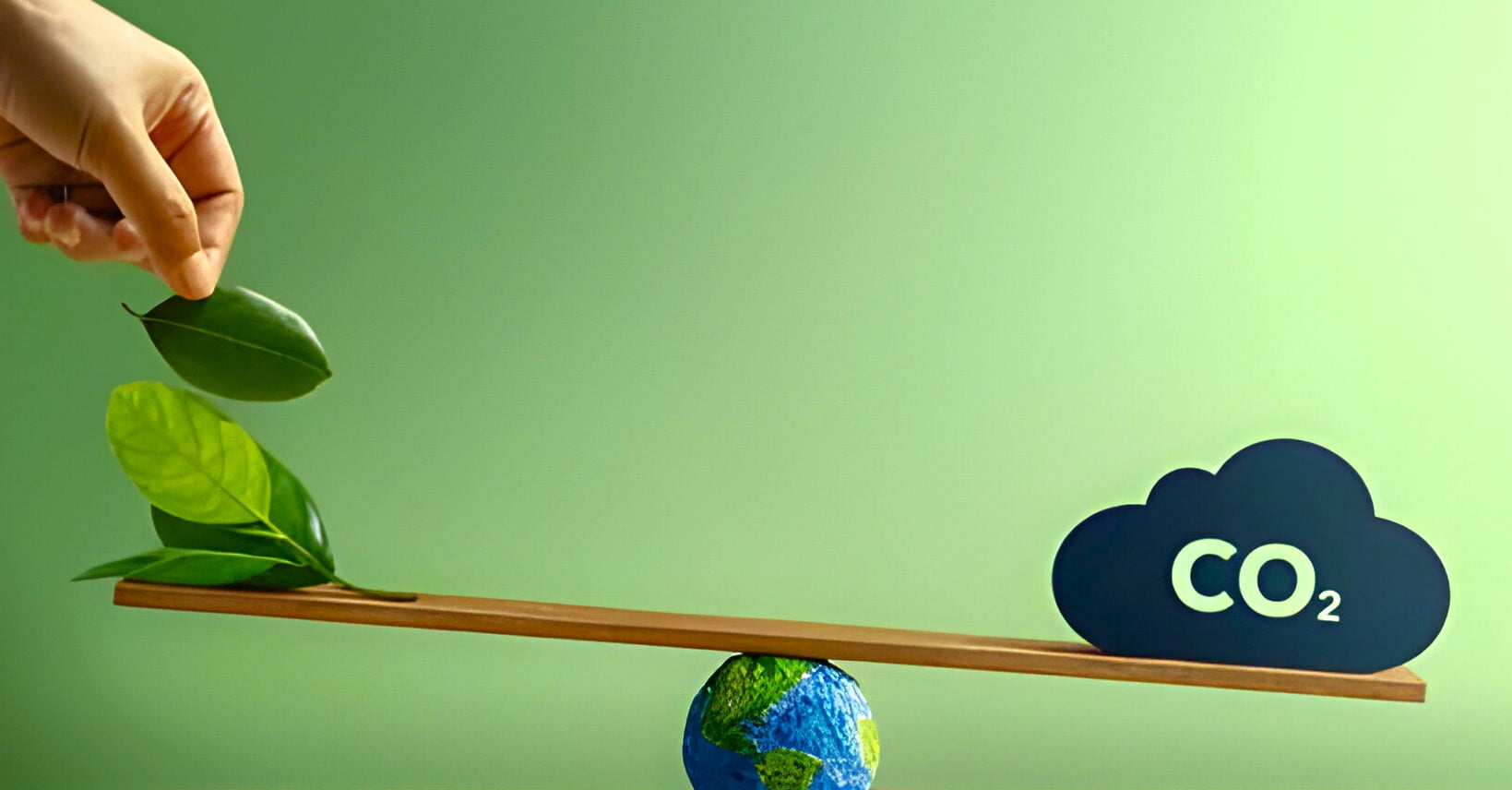Table of Contents
Table of Contents
Earth Day 2024, Why do we celebrate this Day?
Earth Day was established in 1970 in response to increasing concerns about the environment. Senator Gaylord Nelson led the effort, organizing a national event on April 22nd to raise awareness. The environmental crisis at that time was evident in the pollution-related incidents, such as rivers catching oil-slick fire and the thick smog engulfing major cities.
The USA witnessed an unprecedented surge in environmental activism, with over 20 million citizens taking to the streets to demand action against the looming ecological crisis. This massive display of public concern served as a resounding wake-up call for a nation that had been neglecting the warning signs of environmental degradation for too long.
Senator Gaylord Nelson, who had long been environmentally conscious, followed site visit of the 1969 oil spill of Cleveland, Ohio, he envisioned a nationwide educational event, to raise awareness about environmental issues. Nelson collaborated with activist Denis Hayes and others to expand the idea beyond campuses, resulting in events across the country and named it – Earth Day !

Understanding the Irony Behind April 22nd
Let’s unravel the twisted irony of this day’s significance and explore the so-called “benefits” of commemorating our planet’s demise.
Ever wondered why Earth Day falls on April 22nd? Well, it’s not just a random date selected from the calendar. This date was strategically chosen to ensure high student participation as it fell during a period between spring break and final exams. It marks the birth of the modern environmental movement in 1970, a time when pollution was rampant, and the concept of climate change was largely ignored. How fitting that we chose the birth of awareness to showcase our ongoing destruction!
The award for environmental hypocrisy is given to those who showcase a false image of concern for the planet while engaging in practices that harm the environment. The disconnect between imposing wisdomatic words and true actions is akin to celebrating Earth Day while neglecting to make genuine efforts to protect the environment.

Earth Day Movements: A Sarcastic Perspective
Its an absolute absurdity to celebrate days like “Earth Day” while engaging in actions contradicting the very principles of environmental conservation. Its ironical to see how individuals and institutions often pay lip service to saving the planet while continuing to contribute to its degradation.
Some of these stupidities and hypocritic examples to illustrate this irony:
- Raising Awareness: Ah, yes, because nothing says “saving the planet” like posting a hashtag or two on social media. Let’s pat ourselves on the back for bringing awareness to issues we’ve been ignoring for decades.
- Tree Planting: Because nothing says “I care about the environment” like planting a single sapling while bulldozing acres of rainforest for profit. It’s like putting a band-aid on a severed limb.
- Green Initiatives: Ah, the beauty of greenwashing! Corporations drape themselves in eco-friendly slogans while continuing to pump toxins into the air and water. Bravo, capitalism, for your unparalleled hypocrisy.
- Environmental Cleanup: Sure, let’s spend a day picking up trash on the beach while conveniently ignoring the fact that our consumerist culture produces mountains of waste every second. It’s like trying to bail out a sinking ship with a teaspoon.
- Political Posturing: Ah, the annual ritual of politicians donning their environmentalist hats for a day, only to revert to business as usual once the cameras are off. It’s like watching a circus where the clowns are the only ones who don’t realize they’re the joke.
From Awareness to Action: The Enduring Impact of Earth Day Celebrations
Despite the cynicism, Earth Day does hold some value :
- Increased Awareness (Even if Selective): It serves as a yearly reminder of the environmental challenges we face. Even if it’s just a one-day blip on the radar, it keeps the conversation going, and the environmental spirit on.
- A Catalyst for Action: Earth Day inspires some to take concrete steps towards a more sustainable lifestyle. It might be starting a compost bin, joining a local clean-up effort, or simply being more mindful of consumption habits. Every little bit helps, right?
- A Platform for Change: Earth Day mobilizes organizations, administrations and individuals to advocate for stricter environmental policies and hold corporations accountable.
Genuine Efforts or Social Media Buzzword
The Greenwashing Dilemma
- Marketing Hype vs. Real Action: Companies love touting their “eco-friendly” products, often with minimal actual environmental benefit. It’s a marketing tactic called “greenwashing” – think recycled cardboard boxes that still come with mountains of plastic packaging inside.
- Selective Awareness: Media coverage can be flashy, focusing on feel-good stories like celebrity tree plantings or reusable straw initiatives. These actions, while positive, don’t address the core issues of large-scale pollution and industrial practices.
But It’s Not All Doom and Greenwashing
Well, in spite of many criticisms, Earth Day’s influence goes beyond just one day, as it has inspired various projects that contribute to the ongoing efforts in environmental conservation around the world. There’s a mix of progress and executional gestures. We need to be critical consumers of information and hold companies accountable for their green claims. But genuine efforts do exist, and Earth Day can serve as a catalyst for positive change.
- Policy Shifts: Earth Day has demonstrably influenced policy changes. The creation of the US Environmental Protection Agency (EPA) and the 2016’s Paris Agreement on climate change are testaments to this.
- Grassroots Power: Local clean-up drives, community gardens, and citizen science initiatives show real people taking action. These efforts, while seemingly small, can create a ripple effect and inspire larger change.
- Shifting Consumer Habits: There’s a growing awareness of sustainable practices among consumers. This is pushing companies to develop more eco-friendly products and packaging, even if it’s driven partly by market forces.
- Reduce your own footprint: Think Global & act local. Less consumption, more reuse and repair concept for you and your locality.
- Advocate for change: Support stricter environmental regulations and hold administrations accountable.
The Key: Moving Beyond the Hype, towards Sustainability
“Go green, Eco-friendliness, Sustainability” aren’t just one-day event or a catchy jargon. It’s a continuous effort, and Earth Day can be a springboard for real action in our daily lives.
By transitioning to cleaner energy sources, reducing deforestation, and adopting more sustainable practices, we can mitigate climate change and protect our planet for future generations. It’s not about completely stopping development, but about finding ways to develop responsibly.
Earth Day serves as a reminder of the challenges we face and the need for action. It’s not just about celebrating the planet; it’s about taking concrete steps to ensure its health for the future, not only on 22nd April but all days a year.
Happy Earth Day, to one and all!








